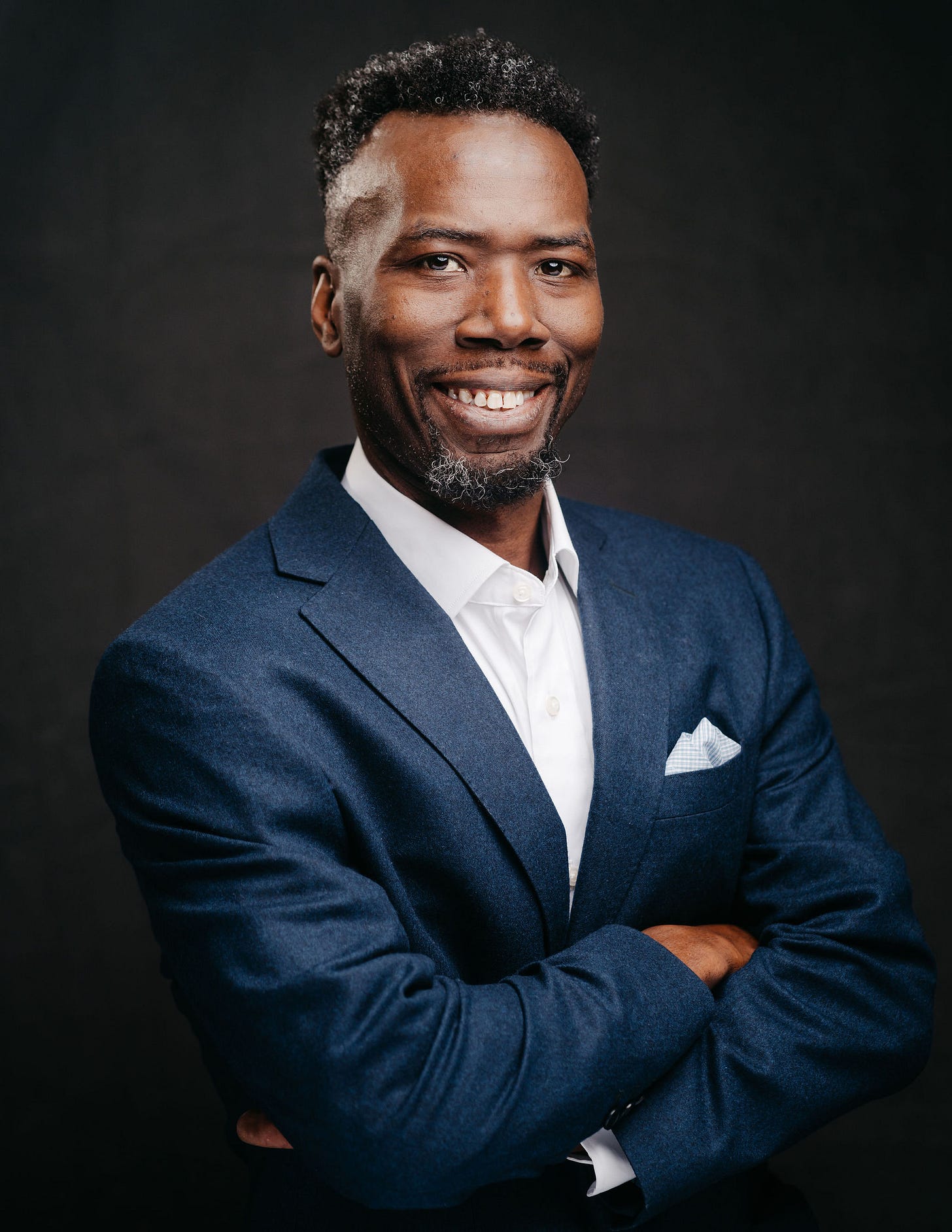Bill Gates, like Warren Buffett, is not fully confident about, or a public advocate of cryptocurrency. He says he sees people illogically convincing themselves beyond what is reasonable and logical about the facts and risks regarding safety of the investment.
"There are people with high I.Q.s who have fooled themselves on that one," the Microsoft co-founder boldly told The New York Times.
"Gates' comments come as Bitcoin has hit record highs in recent weeks, and the cryptocurrency industry as a whole has hailed the arrival of Donald Trump in the White House as a positive moment. The President has said he will introduce policies supportive of digital currencies..."
That may be true yet Gates still recognizes a problem,
"I do think that people get bought into these manias who maybe don't have as much money to spare,” he said. “So I'm not bullish on Bitcoin."
He doesn’t see a sound foundation to necessarily protect consumers.
"Bitcoin happens to use a lot of energy, it happens to promote anonymous transactions, they are not reversible transactions," Gates said. The Gates Foundation however, "does a lot in terms of digital currency, but those are things where you can see who is making the transaction."
His friend and famed and respected investor, is even more critical.
Warren Buffett, the CEO and chairman of Berkshire Hathaway, calls crypto “rat poison,” and a “gambling token,” and forecasts that it will come to a “bad ending.”
Which concerns of the two financial titans might be legitimate, what might they not be seeing and understanding and could Buffett be accurate in any manner in his diagnosis: those are questions that this article and conversation discusses.
“Gates saw that many smart people were dismissing the real risks of cryptocurrency by focusing only on its innovation,” says Kate Alonso, the CMO at Oriole Insights, a platform where crypto enthusiasts share and refine their market predictions. “Yes, it has a technological basis and value, but the lack of regulation and high volatility make cryptocurrency a real game.”
Experienced investors and new ones may not be experiencing necessary clarity.
“… smart people Gates has engaged with throughout his history all have areas where they missed the forest looking at the trees,” says Marcus Sturdivant, a financial advisor and managing member and chief compliance officer at The ABC Squared², doing business as All Bases Covered, a business consulting firm.
“Steve Jobs, who he worked with during Apple's early struggle, could not see his blind spot in his lack of soft skills. Gates himself having gone through a divorce could have taken an introspective view and realized that perhaps he has a blind spot in personal relationships.
“Smart people believe they can do anything. I think of Socrates' Paradox, ‘I know that I know nothing’ and how few people know that about themselves.”
“Their concerns are valid,” Alonso says, “given the speculative nature of crypto, which is highly susceptible to manipulation.”
She elaborates to explain.
“The market fluctuates constantly and is very difficult to predict during big news events,” Alonso says. “However, this problem of cryptocurrency can be solved through regulation and widespread adoption, but for many people, investing in crypto right now seems like a gamble.”
Gates’ statement about not all investors being able to protect themselves the same against risk are legitimate, Sturdivant says.
“Gates' concerns about some of the people investing in Bitcoin are correct,” Sturdivant says. “Investors may be taking risks way above their punching weight when they invest in crypto. It is a complex, nuanced area and even today, is debated about its volatility.”

Not everyone knows how to accurately analyze the financial technology, its market and how to financially protect themselves and benefit.
“Investors who try and time this, end up with dramatic losses,” Sturdivant says. “Those who heard of Bitcoin and purchased some thinking that they would make a 100% return in two days: those types can lose their shirts.”
Gates may have his own blind spots.
He “overlooks how much crypto brings to the digital space when used outside of speculation,” Alonso says. “For example, smart contracts, DeFi, new digital ownership models, and blockchains. If we dismiss the entire cryptocurrency space, we ignore that it solves real problems. The existence of useless coins does not mean that every coin is like that.”
Gates may not have a full grasp on the technology.
“One big thing he is missing or misconstruing is that while Bitcoin transactions can be anonymous, once the transaction is placed, those acts are immutable and open to anyone who can figure out the code inside the hash,” Sturdivant says.
“Bitcoin also has utility in its blockchain, the blockchain is used at some level in all walks of life, perhaps not digitally.”
There is a changing reality and reality that profits are happening for more people, so Gates and Buffett will not dissuade a large amount of buyers.
“This could be tempered as our society shifts towards a more decentralized system. Gen Alpha, X, Y and Z’s growing up in a digital world, crypto will become engaged in the ethos of those generations. Gen Alpha is already earning record amounts of money and those kids are not buying gold.”

Society is moving forward with it regardless of the critics, Sturdivant says.
“In a world shifting towards democratization and decentralized flows, crypto is growing in popularity and utility,” he states.
“Banks continue to shift towards online formats with some fintech companies not allowing cash deposits in their ATMs and offering higher bonuses. Global banks are figuring out the best approach to add crypto to their reserves and some already have…”
Sturdivant understands the natural, psychological resistance.
“Momentum and mind shift sets can be a hard thing to overcome and the younger demographic seems to have moved towards crypto and Bitcoin as the leader,” Sturdivant says.
Buffett’s analysis and claims are more pointed. Experts can be wrong at times, yet the popularity, respect and trust he’s earned means his words carry heavy weight. It’s important to consider who he is and isn’t when looking forward.
“Buffett is a traditional investor with decades of experience, so for him, cryptocurrency lacks the dividends and tangible assets that most long-term investors are used to,” Alonso says.
“However, new asset classes are emerging, and calling them ‘rat poison’ is like devaluing any currency that has been skeptical. Gold also had no intrinsic value until people decided it was a source of wealth.”
She adds that improvements and lesser risk are coming with more time.
“Sooner or later, the crypto market will be cleared of weak projects, leaving more room for strong applications of blockchain technology,” Alonso contends.
Buffett may mostly be speaking for those many decades younger than him, who don’t believe his viewpoints are necessarily going to play out as he claims.
“Demographics have changed and younger investors are not upping their stakes in Sirius XM, like Mr. Buffett,” Sturdivant points out. “They are investing aggressively in alternative, retail stocks and options, not particularly Mr. Buffett's cup of tea.”
This newsletter normally publishes Tuesday, Thursday and Sunday, with occasional articles on other days. To advertise, sponsor a section of the newsletter or discuss your affiliate marketing program, contact CI.






